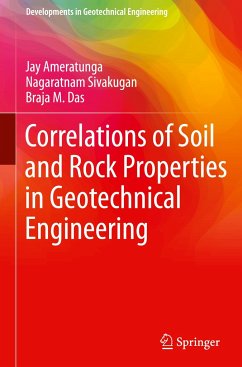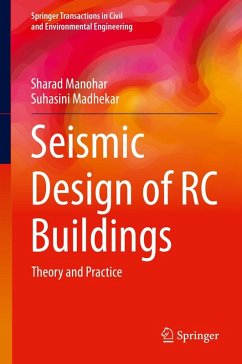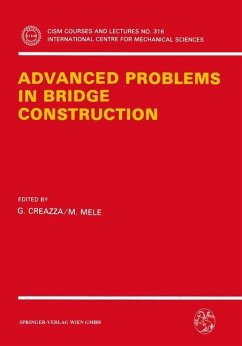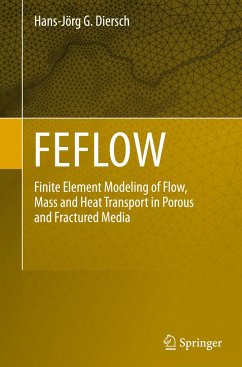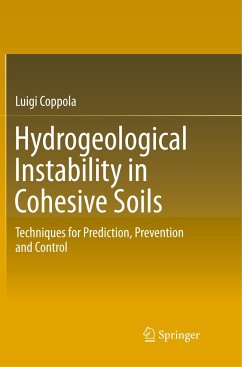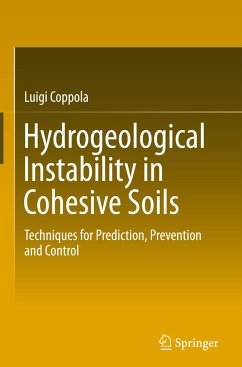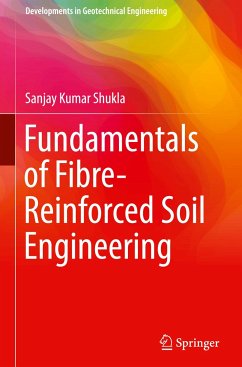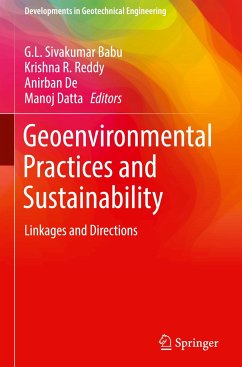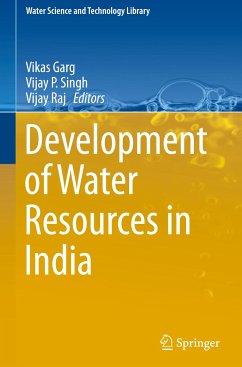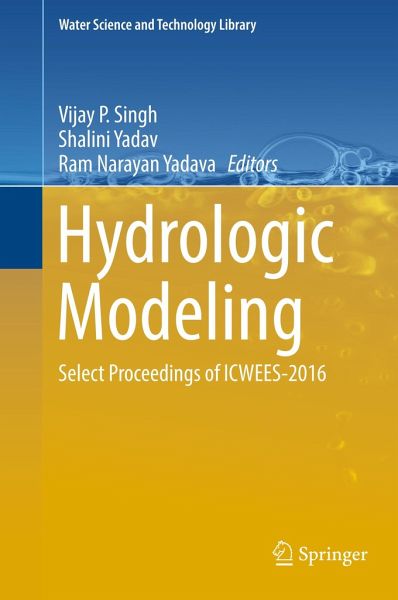
Hydrologic Modeling
Select Proceedings of ICWEES-2016
Herausgegeben: Singh, Vijay P; Yadav, Shalini; Yadava, Ram Narayan

PAYBACK Punkte
76 °P sammeln!
This book contains seven parts. The first part deals with some aspects of rainfall analysis, including rainfall probability distribution, local rainfall interception, and analysis for reservoir release. Part 2 is on evapotranspiration and discusses development of neural network models, errors, and sensitivity. Part 3 focuses on various aspects of urban runoff, including hydrologic impacts, storm water management, and drainage systems. Part 4 deals with soil erosion and sediment, covering mineralogical composition, geostatistical analysis, land use impacts, and land use mapping. Part 5 treats r...
This book contains seven parts. The first part deals with some aspects of rainfall analysis, including rainfall probability distribution, local rainfall interception, and analysis for reservoir release. Part 2 is on evapotranspiration and discusses development of neural network models, errors, and sensitivity. Part 3 focuses on various aspects of urban runoff, including hydrologic impacts, storm water management, and drainage systems. Part 4 deals with soil erosion and sediment, covering mineralogical composition, geostatistical analysis, land use impacts, and land use mapping. Part 5 treats remote sensing and geographic information system (GIS) applications to different hydrologic problems. Watershed runoff and floods are discussed in Part 6, encompassing hydraulic, experimental, and theoretical aspects. Water modeling constitutes the concluding Part 7. Soil and Water Assessment Tool (SWAT), Xinanjiang, and Soil Conservation Service-Curve Number (SCS-CN) models are discussed. The bookis of interest to researchers and practitioners in the field of water resources, hydrology, environmental resources, agricultural engineering, watershed management, earth sciences, as well as those engaged in natural resources planning and management. Graduate students and those wishing to conduct further research in water and environment and their development and management find the book to be of value.



